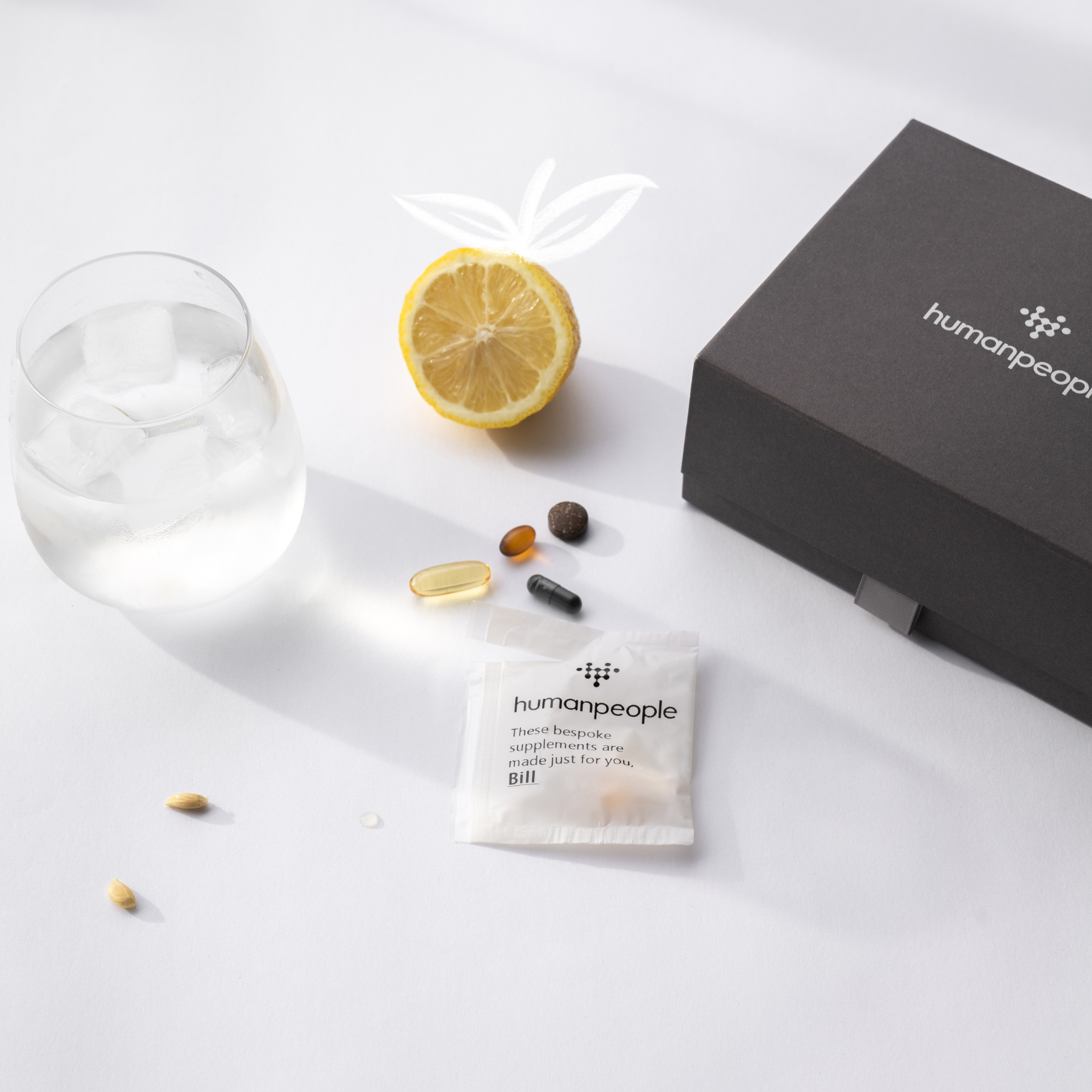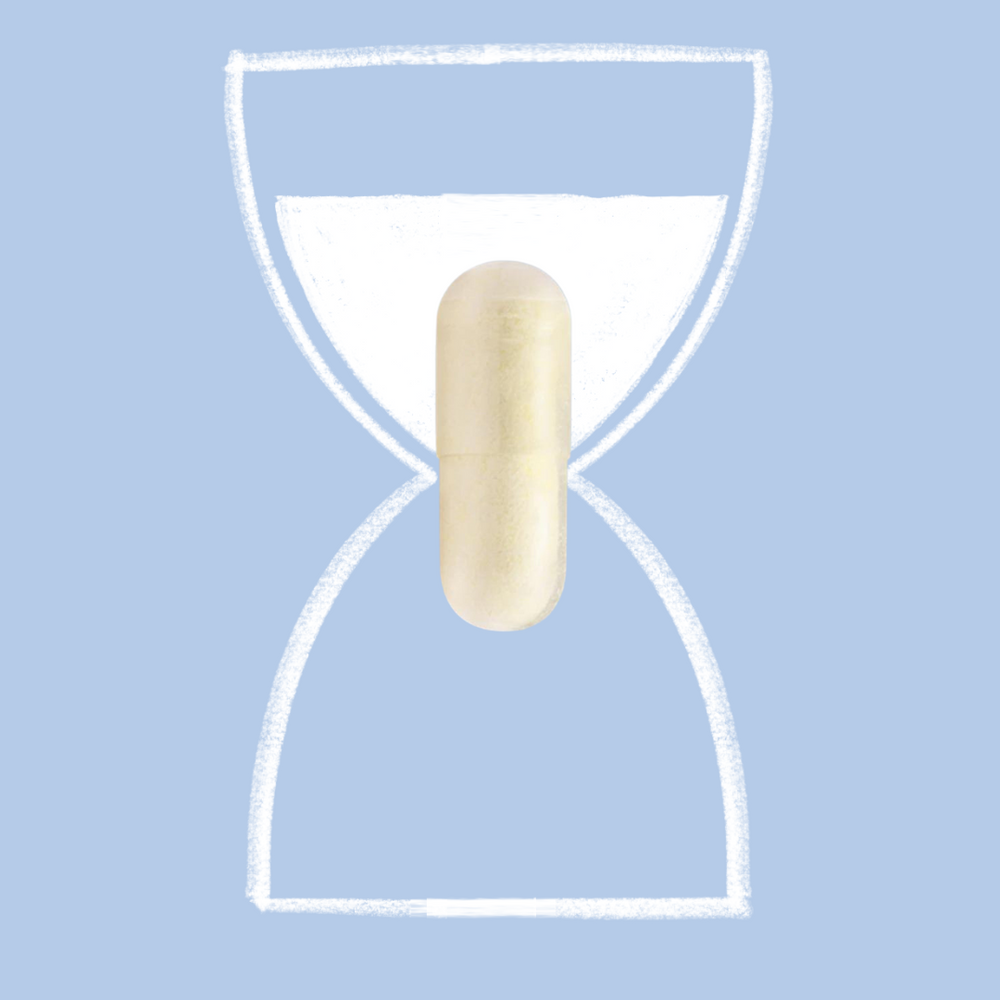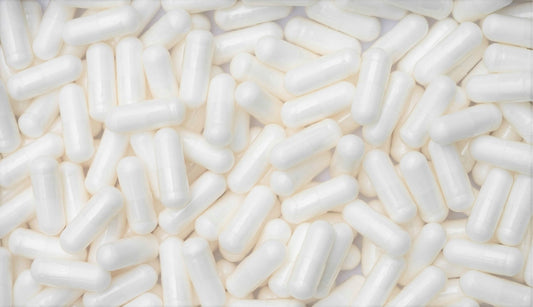Lorem ipsum
1
You have saved personalized supplements. Would you like to add them back to your cart?
£0.00 GBP
Your cart total must be £20.00 or more to proceed.
• Supports gut health
• Acts as natural antibiotic, antifungal, and antioxidant
• Manages cholesterol
Couldn't load pickup availability
 GMP
GMP
 Non-GMO
Non-GMO
 No fillers
No fillers
 Gluten Free
Gluten Free
Oregano oil, derived from the popular herb used in Greek and Italian cuisine, has been hailed as a potent natural remedy due to its high concentration of beneficial compounds like carvacrol and thymol. These components are the powerhouse behind oregano oil's many health benefits, which range from acting as a natural antibiotic to displaying strong antioxidant properties.

Greek antiseptic
The primary compounds in oregano oil that contribute to its medicinal properties are carvacrol and thymol, two diterpenes. These compounds have been extensively studied for their antimicrobial and antioxidant abilities.
Carvacrol, in particular, has shown promising results in combating antibiotic-resistant bacteria such as Staphylococcus aureus and E. coli, proving its efficacy as a natural antibiotic. Its cholesterol-lowering properties have also been highlighted in a 3-month study. Furthermore, oregano oil, mainly when concentrated, exhibits antioxidant properties that outstrip many commonly consumed fruits like apples and blueberries.
Thymol, another critical compound in oregano oil, also exhibits strong antimicrobial and antifungal properties, helping combat yeast overgrowth in the gut and reducing the occurrence of diseases linked to pathogenic bacteria.
The effects of oregano oil may vary based on individual health, lifestyle, and the specific concerns it's being used to address.
You may notice improved gut health symptoms, such as less bloating or discomfort, or a boost in general immunity.
If used for cholesterol management, a blood test would best evaluate its effectiveness.
Take 1-2 capsules daily with food and water, unless specified otherwise on the sachet.
* Percent Daily Values are based on a 2,000 calorie diet.
† Daily Value not established.
Softgel Capsule (Gelatine, Glycerin, Water, Enteric Coating, Carob), Extra Virgin Olive Oil
1
Lorem ipsum
2
Lorem ipsum
3
Lorem ipsum
Publications you might find interesting

1. Elgayyar, M., Draughon, F. A., Golden, D. A., & Mount, J. R. (2001). Antimicrobial activity of essential oils from plants against selected pathogenic and saprophytic microorganisms. Journal of Food Protection, 64(7), 1019-1024.
2. Manohar, V., Ingram, C., Gray, J., Talpur, N. A., Echard, B. W., Bagchi, D., & Preuss, H. G. (2001). Antifungal activities of origanum oil against Candida albicans. Molecular and cellular biochemistry, 228(1-2), 111-117.
3. Nostro, A., Blanco, A. R., Cannatelli, M. A., Enea, V., Flamini, G., Morelli, I., ... & Alonzo, V. (2004). Susceptibility of methicillin-resistant staphylococci to oregano essential oil, carvacrol and thymol. FEMS microbiology letters, 230(2), 191-195.
4. Saeed, S., Tariq, P., (2008) In vitro antibacterial activity of oregano against gram positive and gram negative bacteria. Pak J Bot, 40(5), 2153-2158.
5. Kassi, E., Papoutsi, Z., Fokialakis, N., Messari, I., Mitakou, S., & Moutsatsou, P. (2004). Greek plant extracts exhibit selective estrogen receptor modulator (SERM)-like properties. Journal of agricultural and food chemistry, 52(23), 6956-6961.

Gain access to your own data driven dashboard, health reports and personalised supplement plans.


• Supports cellular health and longevity
• Boosts NAD function
• Promotes skin health and elasticity

